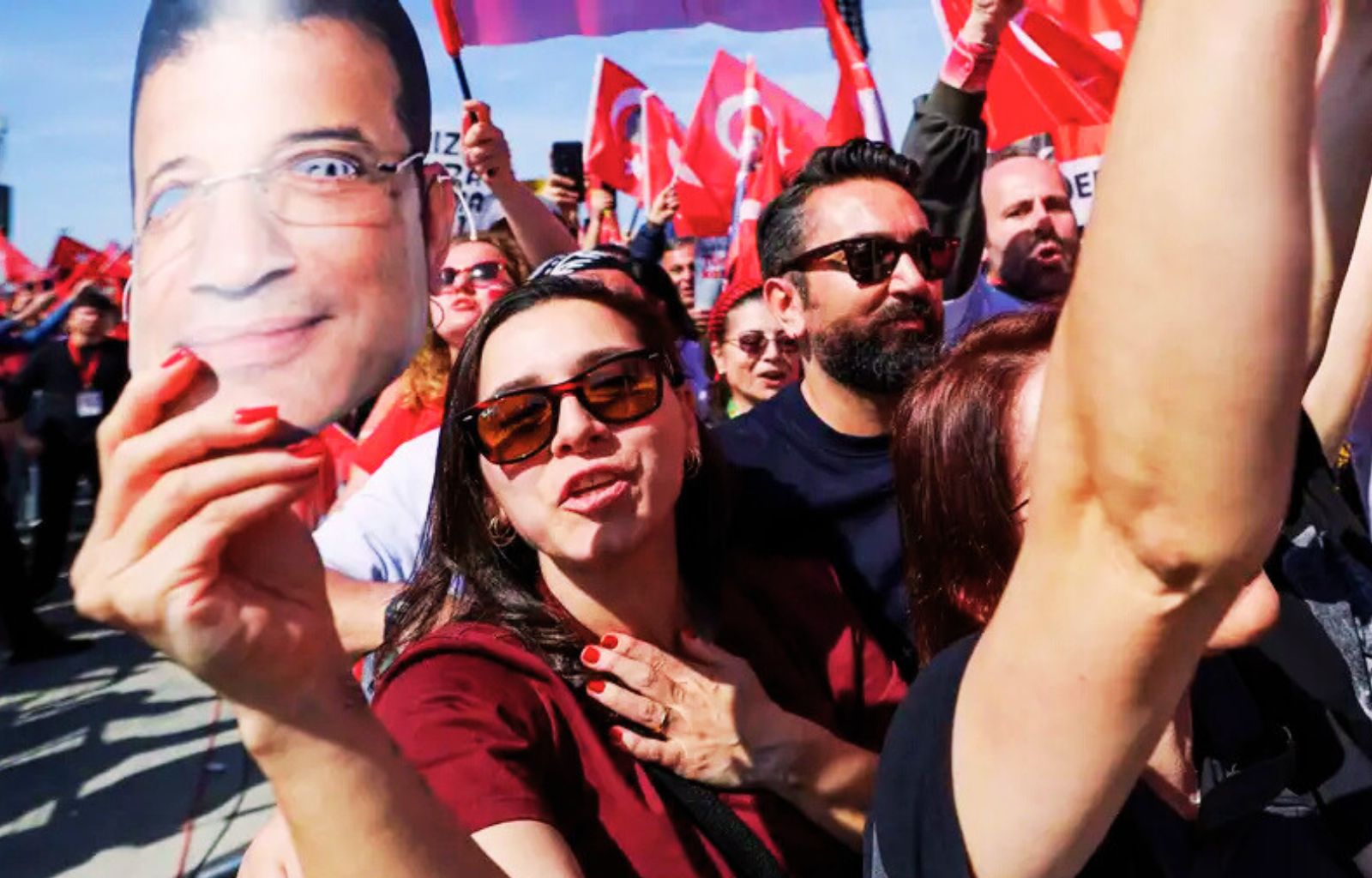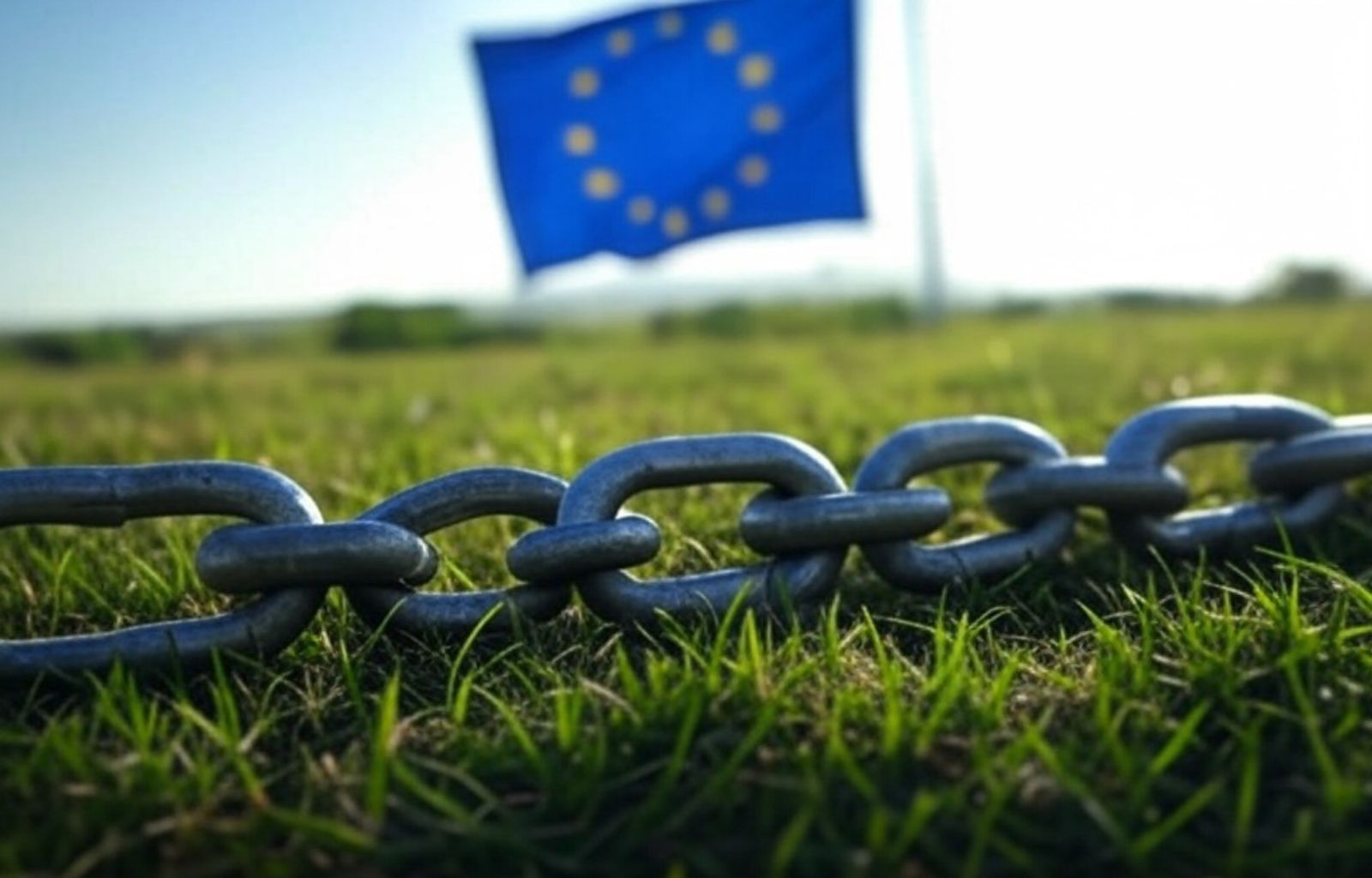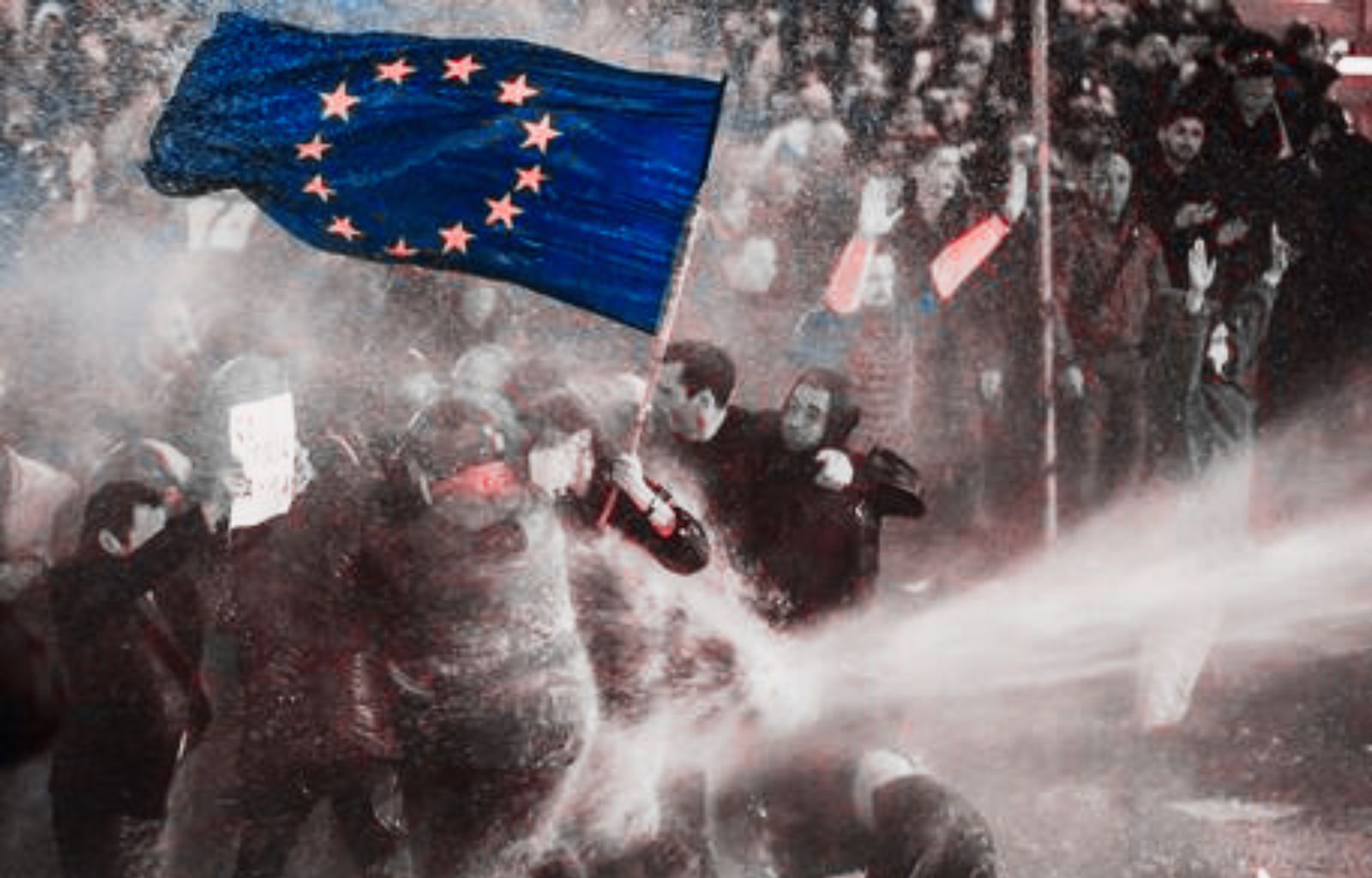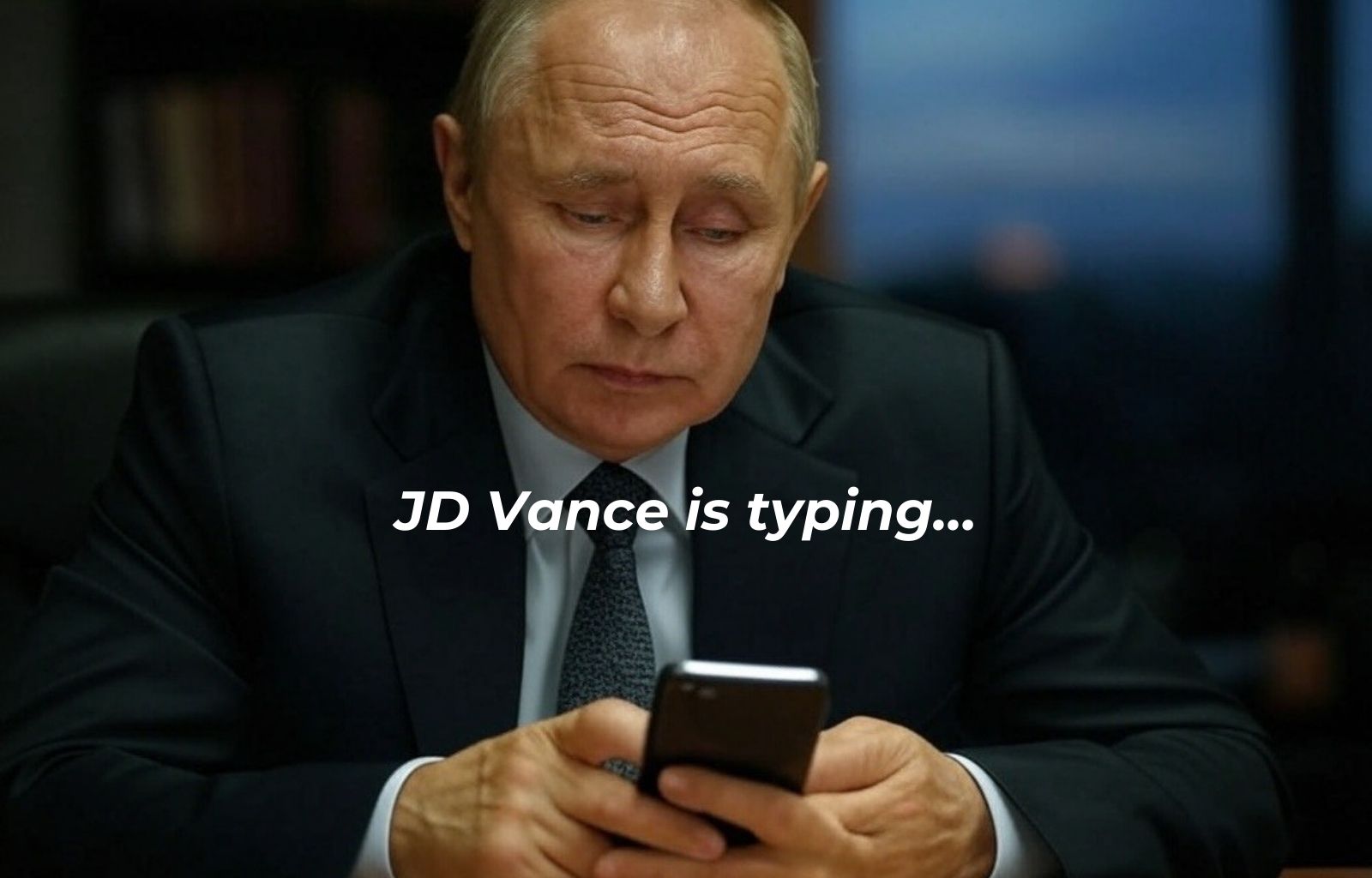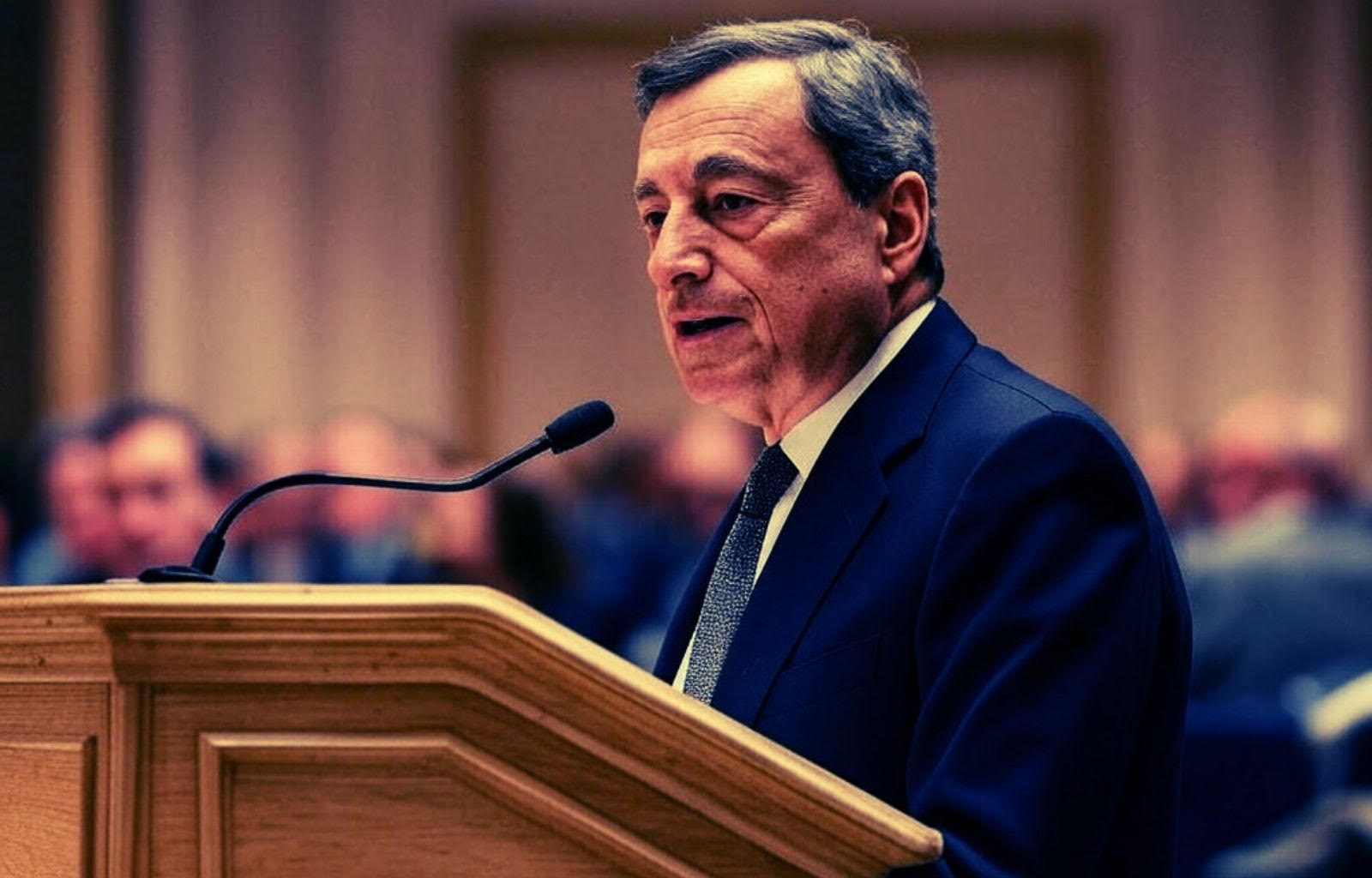The showdown against EU law

The affair of migrants ferried back and forth in the Adriatic between Italy and Albania is taking on contours that go far beyond a clumsy and costly attempt by the Meloni government to respond to the pressures of migration flows.
11 November marked a new chapter in the affair: the Court of Rome suspended the detention of seven migrants transferred to Albania, ordering their return to Italy and referring the case to the European Court of Justice, prompting angry reactions from the entire government majority. But not only that. Overnight, Elon Musk also intervened in the matter, clearly stating his recipe on X: “these judges need to go”, says Elon.
What was heralded as an innovative solution to Italian migratory pressure is becoming the showdown with which an attempt is being made to redefine the balance between national sovereignty and EU regulations. At stake is no longer just the migration issue, but also the role of European jurisdiction and the attempt to redefine hierarchies and balances.
A front agreement with laughable numbers and high costs
Signed in 2023, the Italo-Albanian agreement allows Italy to transfer up to 3,000 migrants per month to reception centres in Albania. This ‘advanced’ cooperation project was supposed to reduce crowding in Italian centres, speed up asylum procedures and contain the costs of migration management. But the real data are quite different: so far only a few hundred migrants have actually been transferred and, in many cases, they have ended up returning to Italy, turning the Adriatic Sea into a round trip with a disproportionate cost. We are talking about more than 100 million euro earmarked for the construction and management of the Albanian centres, a sum that burdens Italian coffers without tangible results on migration flows, which in 2024 have already exceeded 130,000 arrivals.
Propaganda and reality: a tug-of-war between Italy, the Judiciary and Europe
While the costs grow and the numbers remain derisory, the agreement has triggered a real challenge between the Italian government, the national judiciary and the European institutions. On the one hand, the Italian government is claiming the legitimacy of its autonomy in migration matters, on the other hand, the judiciary – with the Court of Rome in the forefront – continues to suspend the detention orders, referring to the protection of human rights established by the European Court of Justice. In fact, the European institutions, through a series of rulings, reiterate that any migration agreement must guarantee full compliance with EU regulations and human rights standards, and Albania is not considered to be in line with these requirements for all migrant cases.
A challenge to the legal hierarchy between the European Union and the Member States?
The legal clash is increasingly taking on the contours of a showdown, where not only the migration issue is at stake, but also the role of European jurisdiction over national policies. It is legitimate to wonder whether Italy is trying to redefine the limits of EU legal control, questioning the supremacy of European regulations and aiming to reaffirm its decision-making autonomy. The affair, therefore, could become a turning point in the complex relationship between national sovereignty and EU obligations, an endurance test for the judiciary and European institutions.
The migration game: a pretext for redefining the balance
Faced with a game of clashes and postponements between Italy, Albania and Brussels, the future of the agreement looks increasingly uncertain. The risk is that this operation will prove to be not only a huge waste of resources, but also an illusion of control destined to dissolve under the weight of legal challenges. As migrants continue to travel back and forth across the Adriatic at taxpayers’ expense, Italy now seems to be using the agreement as a political symbol rather than a solution. In this costly and complex tug-of-war, it remains to be seen whether this is just a parenthesis or a real attempt to redefine the balance of power between Italy and Europe, a confrontation in which the migration game becomes, after all, a pretext to claim autonomy and assert a new vision of the relationship between state and European Union.

